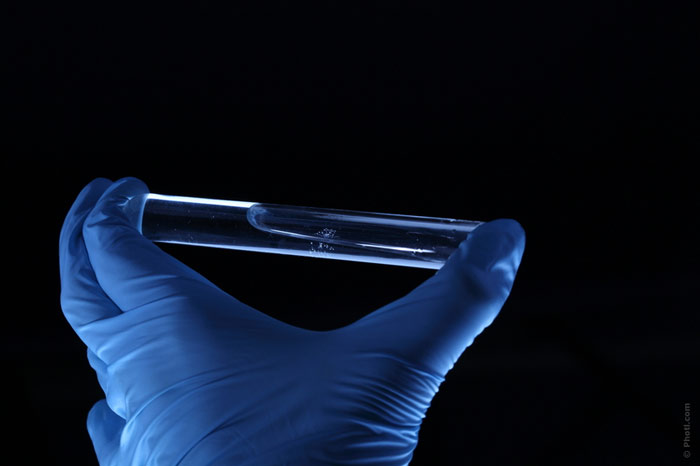Each year, the world gets new technologies and new discoveries that bring humanity onto a qualitatively new, higher level of development. In one review, we have gathered the latest discoveries from different fields; each of these discoveries means that the mankind makes a step towards new opportunities.

1. A terrible disease will help cure cancer
Scientists have made a breakthrough in finding a cure for cancer by attaching proteins of malaria to cancer cells. Tests on humans should begin within four years.
2. In South Africa, new humanoid species have been found
Last September, paleontologists reported that the new humanoid species had been found – Homo naledi. This conclusion is based on the discovery of fifteen partially preserved skeletons. It is believed that Homo naledi could live in Africa about three million years ago.
3. The study showed that working longer increases the risk of stroke

According to a study published in The Lancet journal, the people who work more than 55 hours a week have 33% higher chances of stroke than those who work 35-40 hours a week. They also have the 13% higher risk of coronary heart disease.
4. A comprehensive analysis of the genome of the woolly mammoth has been completed for the first time

At the same time, a number of reasons were discovered, allowing these animals to survive in the Arctic.
5. The brightest galaxy in the universe has been identified
Last May, NASA reported that the brightest galaxy in the universe had been discovered – WISE J224607.57-052635.0. It is smaller than the Milky Way, but emits ten thousand times more energy (mainly in the form of infrared radiation).
6. Scientists have advanced in the creation of the first quantum computer

The two most important steps in creating a quantum computer have been carried out by IBM scientists. They managed to find a way to detect and measure both types of quantum errors. There has been created a square array of four superconducting qubits on a chip the size of a little more than 6 mm.
7. The first exoplanet with the spectrum of visible light has been found
Astronomers from Chile have conducted the first direct observation of the visible spectrum of light, reflected from an exoplanet. This exoplanet is called 51 Pegasi b.
8. Three thousand atoms were captured by a single photon

The physicists from MIT and the University of Belgrade have developed a new technique by which they managed to capture three thousand atoms, using a single photon.
9. Amazon forests began to absorb less carbon dioxide
The 30-year-long study of the South American rainforest, which involved an international team of over 100 researchers, ended with rather disappointing data. Tropical forests gradually lose their ability to absorb carbon dioxide from the atmosphere as the trees are dying at an increasing rate.
10. NASA has found evidence of a vast ancient ocean on Mars

According to NASA scientists, a huge ancient ocean once covered almost half of the northern hemisphere of Mars, making the planet a more promising place for extraterrestrial life than it had been previously thought. The huge ocean, as the scientists believe, was one and a half kilometers deep and contained a total of twenty million cubic kilometers of water (more than the Arctic Ocean).
11. Researchers have used nanotechnology to treat breast cancer
Iranian nanotechnologists were able to synthesize a substance with a bioadaptive and biodegradable molecular chain. This medication is able to reduce the level of toxicity of anticancer drugs.
12. Scientists have reprogrammed plants to survive drought

Scientists have genetically reprogrammed plants so that they are more resistant to drought.
13. A vaccine against HIV
The fight against HIV and AIDS advanced greatly in 2015, when scientists at the Scripps Research Institute developed a vaccine that proved incredibly effective against HIV-1, HIV-2 and simian immunodeficiency virus. The main difference of the new drug is that it actually alters the DNA to fight the virus. Earlier, the patient was injected with a weakened form of the virus for the immune system to “learn” to deal with it. Studies are still in their early stage, but the preliminary results are very promising.
14. Studies of the brain can help predict future behavior

In an article published in the Neuron journal, a number of recent studies were described, showing that the brain scans can help predict people’s future learning, their proneness to crime, as well as the behavior related to health. The technology can offer a possibility to personalize education and medical practice.
15. Contracting human muscles were first grown in the laboratory
The researchers from Duke University Laboratory have grown contracting human muscles, which react to external stimuli (such as electrical impulses, biochemical signals and pharmaceuticals), just like real muscles. The new tissue must soon allow the researchers to test new drugs and study muscle diseases apart from the human body.











